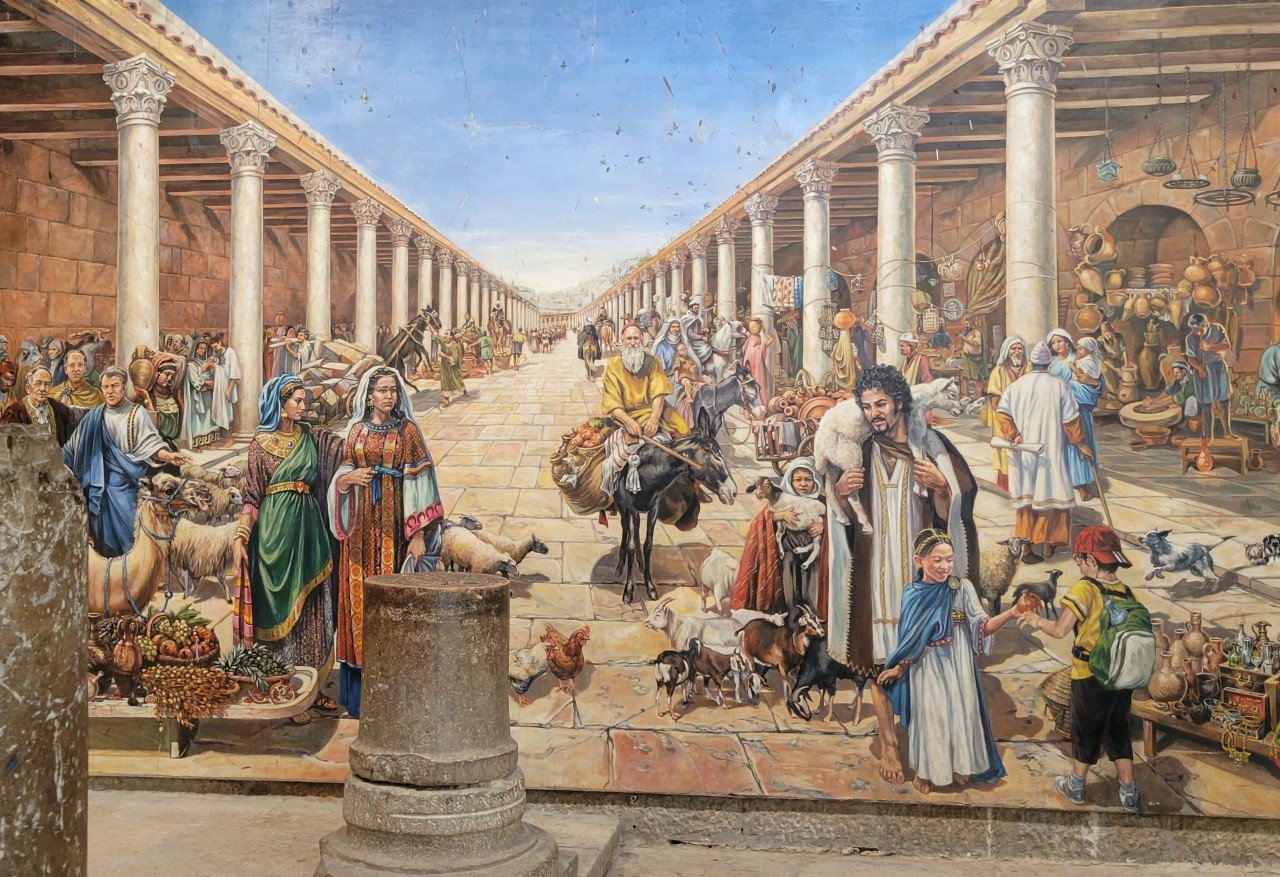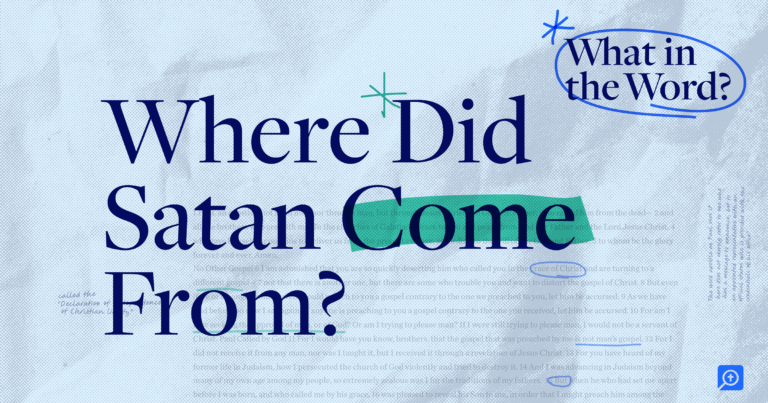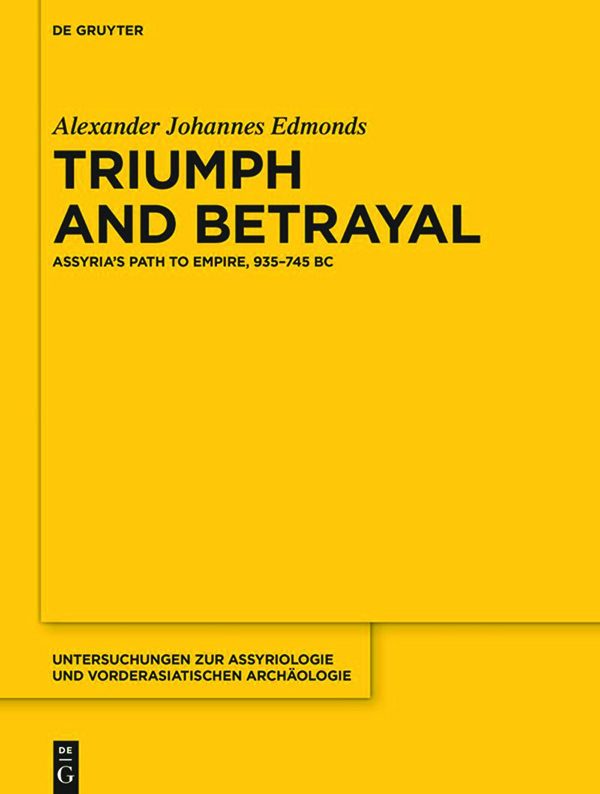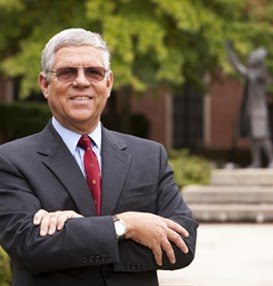One of the best known and most comforting statements of Jesus is also one of his most enigmatic:
Come to me, all who labor and are heavy laden, and I will give you rest. Take my yoke upon you, and learn from me, for I am gentle and lowly in heart, and you will find rest for your souls. For my yoke is easy, and my burden is light. (Matt 11:28–30)
Central to this passage is the “yoke” (ζυγόν, 11:29, 30) and the “burden” (φορτίον, 11:30) that Jesus offers to human beings and commands them to bear. What is it that Jesus holds out? Why do people need to receive what he offers? What incentives does he give to us to receive it?
The context of Jesus’s invitation
It is important to set Jesus’s words in their context within Matthew’s Gospel. In the first part of this chapter (11:1–19), Jesus has set his ministry alongside that of John the Baptist. Notwithstanding the eschatological differences between these two ministries, what each has in common is their rejection by “this generation” (11:16). Such rejection leads to Jesus’s prophetic declarations of eschatological judgment that will befall those who do not repent at his preaching (11:20–24).
That so many people respond to Jesus’s preaching in this way prompts the question, “Why is this so?” The answer, Jesus insists, lies ultimately in the purpose of his Father (11:25–27). By his “gracious will,” the Father has “hidden these things from the wise and understanding and revealed them to little children” (11:26). Jesus then affirms the mutually exclusive knowledge that the Father and the Son have of one another (11:27a), and the singularly exclusive access to the Father that the Son affords to human beings (11:27b). Only by the Son’s sovereign revelation of the Father may a person know the Father.
The context of Jesus’s invitation in Matthew 11:28–30, then, is twofold. There is impending divine judgment for human sin, and there is the Father’s sovereign mercy to sinners in Christ. Each, in its own way, underscores the urgency of this invitation.
The form of Jesus’s invitation
It is at this point that Jesus issues the invitation of Matthew 11:28–30. The invitation consists of three imperatives:
- “Come to me …” (v. 28)
- “Take my yoke …” (v. 29)
- “Learn from me …” (v. 29)
Whereas the focus of 11:25–27 was the Father (mentioned three times), the focus of 11:28–30 is Jesus, his Son (note the predominance of the first person in these verses). The purpose, of course, in coming to the Son (11:28–30) is so that the Son may bring one to the Father (11:27).
The first imperative (“Come to me …”) is connected with a promise (“I will give you rest,” 11:28). The second and third imperatives are conjoined and mutually interpretative. This pair of imperatives is, in turn, grounded by Christ’s declaration that he is “gentle and lowly in heart” (11:29), tied to the reiterated promise of “rest” (11:29), and then grounded by the reality that Christ’s “yoke is easy” and his “burden is light” (11:30).
We are now able to look more closely at the substance of the invitation that Jesus makes in these verses.
Jesus’s identity as the inviter
To begin, it is important to reflect on the identity of the one extending the invitation.
Scholars have noted lexical resonances between Jesus’s invitation and Sirach 51:23–27. But whereas Ben Sira “is himself the recipient of Wisdom’s blessings, and invites others to share what he has received from her, Jesus is no intermediary but issues ‘Wisdom’s’ invitation in his own person.” Furthermore, the promise “you will find rest for your souls” (11:29) is a citation of Jeremiah 6:16, in which “the Lord” invites his people to “walk” the “ancient paths” and thus “find rest for [their] souls.” Here, Jesus extends the promise of rest in his own name. Therefore, both of these references—Sirach and Jeremiah—point in distinct ways to Jesus as the one true God of Israel.
Jesus discloses something else about his identity. He declares himself to be “gentle and lowly in heart.” The Greek word rendered “gentle” (πραΰς) is used only one other time to describe Jesus in Matthew’s Gospel. In Matthew 21:4–5, Jesus (“your king”) is said to come to “the daughter of Zion … humble, and mounted on a donkey” (Zech 9:9). Christ’s humility is demonstrated in his self-humiliation that culminates in his accursed death on the cross as a “ransom for many” (Matt 20:28). The one who extends the invitation, then, is the Son of God who, having taken on our humanity, endures the cross for the salvation of his people.

Identify significant cross-references with the Important Passage section in Logos’s Guides.
The nature of Jesus’s invitation
Jesus extends three commands, “come,” “take,” and “learn.” The invitation is therefore the invitation to discipleship. Compare the invitation of Matthew 11:28 (Δεῦτε πρός με) with that of Matthew 4:19 (δεῦτε ὀπίσω μου).
Whom does Jesus invite to himself? He styles them “weary and heavy laden” (11:28). The verb rendered “heavy laden” (φορτίζω) appears in only one other place in the New Testament, Luke 11:46, which finds a parallel in Matthew 23:4, where the cognate noun φορτίον appears. In both texts (Luke 11:46; Matt 23:4), Jesus speaks to or of the Pharisees whose teachings pose crushing burdens on the shoulders of their disciples. Their burden, then, is not “the written Torah”—Jesus has come, after all, to fulfill the Law (Matt 5:17). The burden, rather, is “the Pharisaic oral traditions [which] have encumbered those who wish to obey the Torah (cf. Matt 15:3–9).”
Jesus, then, promises relief from the crushing burdens of the extrabiblical teachings of Israel’s first-century religious teachers. Such relief will be found in taking the call to be Jesus’s disciple.
But here a difficulty surfaces. Jesus commands his hearers to “take my yoke upon you” (11:28). At first glance, the command to bear a “yoke” hardly seems enticing to those already burdened. Wouldn’t following Jesus’s instruction serve to compound rather than relieve their misery?
But here it is important to bear in mind a number of details about this “yoke.” To be sure, the conception underlying the word “yoke” is that of “burden, obedience, subordination, and servitude.” But the point of a person (as opposed to an animal) wearing a yoke “is to make it easier to carry or pull a load.” Thus, Jesus “is offering those who are finding their loads too hard to carry a new yoke which, far from adding to their oppression, will ease the burden and, paradoxically, will bring not further toil but ‘rest.’”
Why is that? The answer has to do with the kind of “yoke” that Jesus offers. He declares his “yoke” to be “easy” and his “burden” to be “light.” That this is so has everything to do with the person and ministry of Jesus himself. The word rendered “easy” (χρηστὸς) is elsewhere in the Gospels used of the kindness of God toward the undeserving (Luke 6:35) and is predicated of Christ himself by Peter (1 Pet 2:3). We are meant, then, to see the “yoke” as reflective of the character and work of Christ.
Jesus’s self-description in Matthew 11:29 echoes the character of the “blessed ones” in Matthew 5:1–11. And the “blessed ones” reflect the character of their Father in heaven. Thus, “unlike the teachers of Matt 23:3, he submits to God’s rule and keeps his commands.” He not only teaches the truth but he also “embod[ies] the truth he expounds … he himself is his most potent lesson.” Jesus, then, authoritatively teaches the Law of God (Matt 5:17–48) and uniquely embodies the Law of God. To “learn” from such a one is not crushing—it is “easy” and “light,” as the Apostle John would later testify (1 John 5:3, “for this is the love of God, that we keep his commandments, and his commandments are not burdensome”; emphasis mine).
Jesus’s disciples pursue conformity to the character of their heavenly Father, as those whom the Father has already forgiven and accepted for Jesus’s sake.
There is another reason that the “yoke” of Jesus is “easy.” Jesus commenced his public ministry by submitting himself to John’s baptism, a “baptism for repentance” (Matt 3:11). Jesus did this because it was “fitting … to fulfill all righteousness” (Matt 3:15). From the beginning he set himself in the place of his people to undertake on their behalf all the demands that the Law makes of them. It is for this reason that his death is ransoming and brings to them the forgiveness of sins (Matt 20:28; 26:28). Jesus’s disciples pursue conformity to the character of their heavenly Father (Matt 5:48) as those whom the Father has already forgiven and accepted for Jesus’s sake.
Jesus, therefore, invites those who are wearied and burdened under the crushing load of Pharisaical teaching to himself as his disciples. The way of following Jesus is the way of bearing his “yoke.” Jesus perfectly and purely embodies the Law of God that he teaches. To bear that burden, Jesus says in Matthew 11:30, is no burden at all. What makes the yoke particularly bearable is that it is the yoke of the one who died for the sins of his people. As forgiven sons of their heavenly Father, Jesus’s disciples gladly obey the Son of God who authoritatively teaches and uniquely embodies the Law of God.
Jesus’s promise to those invited
What gain will one find by taking up the yoke of Jesus? Jesus twice promises his disciples “rest”—first, after the command to “come to me” (11:28), and again after the dual command to “take my yoke upon you, and learn from me” (11:29). Both instances stress the futurity of the rest bestowed—the verb ἀναπαύσω appears in the future tense, and the cognate noun ἀνάπαυσιν is the object of a verb in the future tense (εὑρήσετε).
Although scholars debate the point, the rest in view must be Sabbath rest. The immediately following verses (Matt 12:1–12) not only describe Jesus engaged in controversies over the Sabbath, but also Jesus declaring himself “lord of the Sabbath” (Matt 12:8).
In Matthew 11:29, when Jesus promises “rest for your souls,” as noted, he cites Jeremiah 6:16. There God had promised “rest” to Israel as the outcome of a life of walking according to the Law (cf. Heb 4:1–10). But the rest that Israel did not attain (“But they said, ‘We will not walk in it,’” Jer 6:16) Jesus freely gives. The Sabbath rest that we are to “find” is the very rest that Jesus will “give” (Matt 11:29, 28).
In what sense do Jesus’s disciples enter into the Sabbath rest that he gives? This “rest” is the rest into which God entered after the creation (Gen 2:2). That God “blessed” that day and “made it holy” indicates God’s intention that human beings would experience this rest in the gathered worship of God. God’s pattern of work followed by rest was intended as a pattern for human beings to follow (see Exod 20:8–11). As such, the weekly Sabbath rest of worship pointed to the consummation of human existence as one of communion with God.
By his sin, Adam forfeited the opportunity to enter this rest. The Law could point to this Sabbath rest (Exod 20:8–11; 31:12–17), but had no power to deliver it. It is Jesus, the Last Adam (cf. Matt 4:1–11), who delivers Sabbath rest to his disciples.
While this rest is predominantly future in its orientation, Jesus’s words here indicate that his disciples presently experience this rest. The statement of Matthew 11:30 is explanatory of the statement of Matthew 11:29. Disciples experience soul-rest precisely because Jesus’s “yoke” is “easy” and his “burden” is “light.” It is in the disciple’s pursuit of Jesus and fellowship with Jesus that Sabbath rest is at least provisionally experienced in this life, in anticipation of the eschatological fullness of the rest to follow at the consummation.
The significance of Jesus’s invitation
Jesus is offering his disciples something that they cannot find in the prevailing (Pharisaical) religion of the day. That religion, rooted as it was in human tradition (Matt 15:1–9), was crushing and offered its adherents no rest. What Jesus offers is himself—not only as the teacher and model of the Law of God, but also as the one who has met its demands for sinners so that they might enter into lasting fellowship with the Father through the Son (Matt 11:25–27).
The fellowship with God that disciples enjoy now is a foretaste of the Sabbath fellowship to come at the consummation. To walk with Jesus as his disciple brings rest and refreshment to the soul wearied by the man-made religions of the world.
Because no one comes to the Father except by the Son (Matt 11:27), Jesus teaches that there is no access to this rest but through him. Jesus’s teaching in this passage not only asserts this claim but, in highlighting his unique person and work, grounds this claim.
The good news for those who “labor and are heavy laden” is that this rest is not a reward to be earned but a gift to be received. That for which God made us—eternal fellowship with him—is the free gift of Christ to sinners. And to a world weighed down and burdened with stress and anxiety, that message is truly good news.
Guy Waters’ recommended resources for further study
- Richard B. Gaffin, Jr., “A Sabbath Rest Still Awaits the People of God” in Pressing Toward the Mark: Essays Commemorating Fifty Years of the Orthodox Presbyterian Church, ed. Charles G. Dennison and Richard C. Gamble, 33-51. Philadelphia: Committee for the Historian of the Orthodox Presbyterian Church, 1986.

 1 month ago
27
1 month ago
27












 English (US) ·
English (US) ·